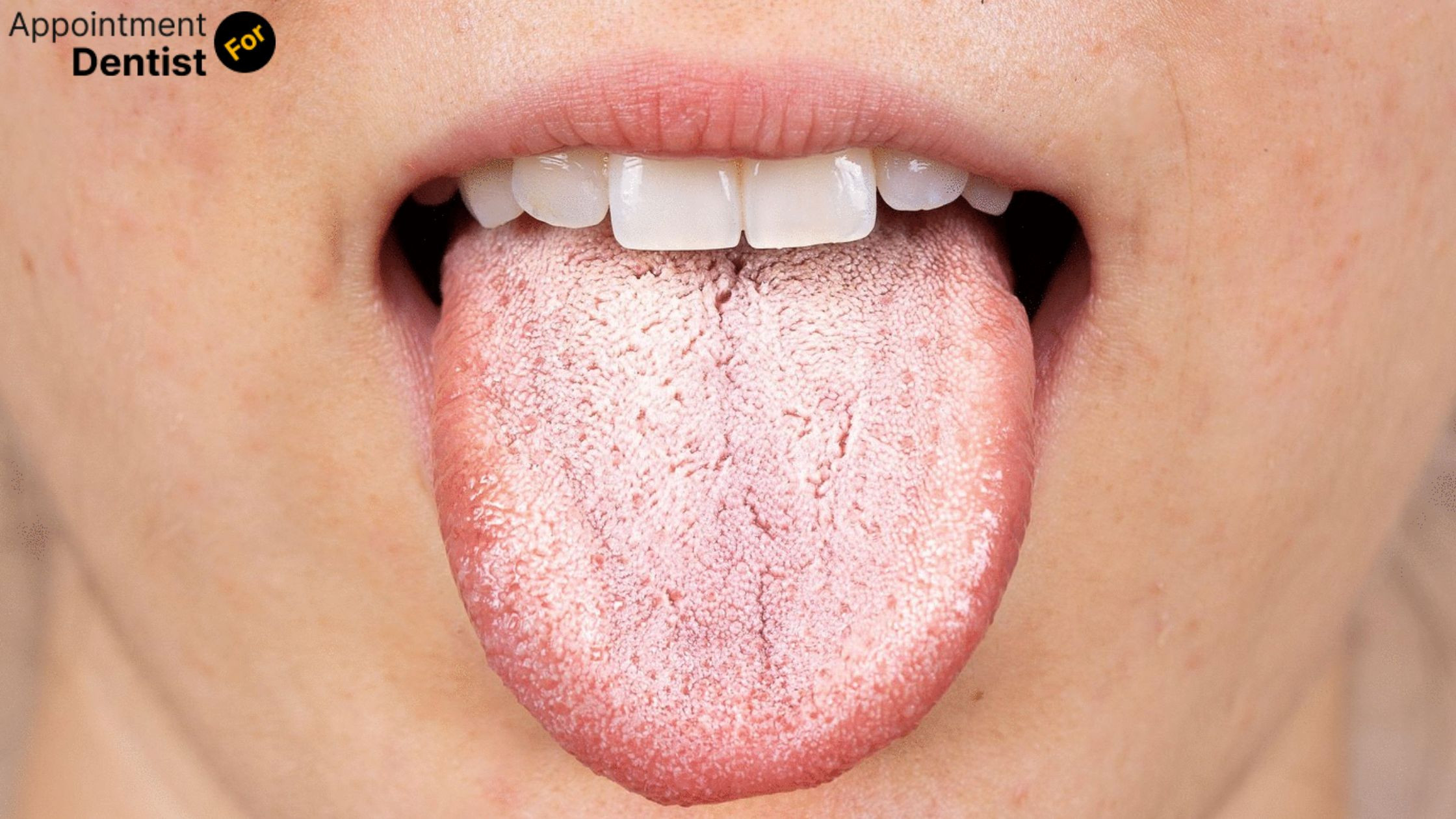Addressing Oral Thrush: Causes and Effective Treatments
Posted on July 18, 2024 by Admin

Oral thrush, medically known as oral candidiasis, is a fungal infection caused by Candida albicans. This condition manifests as creamy white lesions on the tongue, inner cheeks, gums, or roof of the mouth. While often harmless in healthy individuals, it can be more serious in those with weakened immune systems or certain underlying health conditions. Understanding the causes, symptoms, and effective treatments for oral thrush is crucial for its management and prevention.
Causes of Oral Thrush
- Candida Albicans Overgrowth: Candida albicans is a naturally occurring fungus in the mouth, but certain factors can cause it to multiply excessively, leading to oral thrush.
- Weakened Immune System: Conditions such as HIV/AIDS, diabetes, or undergoing chemotherapy weaken the immune system, making individuals more susceptible to fungal infections like oral thrush.
- Antibiotic Use: Antibiotics can disrupt the natural balance of microorganisms in the mouth, allowing Candida albicans to thrive and cause infection.
- Poor Oral Hygiene: Inadequate brushing, flossing, or cleaning of dentures can contribute to the buildup of yeast and bacteria in the mouth, increasing the risk of oral thrush.
Symptoms of Oral Thrush
- White Lesions: Creamy white lesions on the tongue, inner cheeks, gums, or roof of the mouth.
- Soreness or Pain: Discomfort or pain in the affected areas, especially while eating or drinking.
- Redness or Bleeding: Redness or slight bleeding when the lesions are scraped or brushed.
- Loss of Taste: Difficulty tasting food or a persistent metallic taste in the mouth.
Also Read: Are Clear Aligners Better Than Braces?
Diagnosis
Diagnosing oral thrush usually involves a visual examination of the mouth and throat. In some cases, a sample of the lesions may be taken for laboratory analysis to confirm the presence of Candida albicans.
Effective Treatments
- Antifungal Medications: Antifungal medications such as clotrimazole lozenges or nystatin oral suspension are commonly prescribed to treat oral thrush.
- Proper Oral Hygiene: Maintaining good oral hygiene practices, including brushing the teeth at least twice a day, flossing daily, and cleaning dentures regularly, can help prevent and manage oral thrush.
- Managing Underlying Conditions: Treating underlying conditions such as diabetes or HIV/AIDS can help reduce the risk of recurrent oral thrush.
- Dietary Changes: Avoiding sugary foods and beverages can help prevent the overgrowth of Candida albicans in the mouth. Probiotic-rich foods like yogurt with live cultures may also help restore the natural balance of microorganisms.
- Home Remedies: Rinsing the mouth with saltwater or diluted baking soda solution may provide temporary relief from symptoms. However, these should not replace prescribed medical treatments.

Also Read: Things You Should Know About Dental Insurance
Prevention
- Limit Sugar and Yeast: Reduce intake of sugary foods and beverages, as well as foods containing yeast.
- Regular Dental Visits: Visit the dentist regularly for check-ups and cleanings, especially if you wear dentures or have underlying health conditions.
When to See a Doctor
If you suspect you have oral thrush or if you experience persistent symptoms despite home treatments, it's essential to consult a healthcare professional. They can diagnose the condition accurately and recommend appropriate treatments to alleviate symptoms and prevent recurrence.
Conclusion
Oral thrush is a common fungal infection that can affect anyone, but it is more prevalent in individuals with weakened immune systems or certain health conditions. Understanding its causes, recognizing its symptoms, and knowing effective treatments are crucial steps in managing and preventing oral thrush. By maintaining good oral hygiene, managing underlying health conditions, and seeking medical advice when needed, individuals can effectively address oral thrush and promote oral health.
Faqs
-
1. What causes oral thrush?
Oral thrush is caused by an overgrowth of Candida albicans, a type of yeast that is normally present in the mouth. Factors such as weakened immune systems, antibiotic use, poor oral hygiene, and certain health conditions contribute to this overgrowth.
-
2. What are the symptoms of oral thrush?
Symptoms include white lesions on the tongue, inner cheeks, or roof of the mouth, soreness or pain in affected areas, redness or slight bleeding when lesions are scraped, and sometimes loss of taste or a persistent metallic taste in the mouth.
-
3. How is oral thrush diagnosed?
Diagnosis is typically based on a visual examination of the mouth and throat by a healthcare professional. In some cases, a sample of the lesions may be taken for laboratory analysis to confirm the presence of Candida albicans.
-
4. What treatments are available for oral thrush?
Treatments include antifungal medications like clotrimazole or nystatin, which are often prescribed as lozenges or oral suspensions. Good oral hygiene practices, managing underlying health conditions, and dietary changes may also be recommended.
-
5. How can oral thrush be prevented?
Prevention involves maintaining good oral hygiene by brushing teeth at least twice a day and flossing daily, limiting sugar intake, visiting the dentist regularly, managing underlying health conditions, and rinsing the mouth after using inhalers.
Recent Post
- The Importance of Oral Health Education for Children
- How to Choose the Right Orthodontic Treatment for Adults
- The Link Between Oral Health and Stroke Risk
- How to Address and Prevent Gum Recession
- Innovations in Dental Anesthesia: Pain-Free Procedures
- The Role of Saliva in Oral Health: Functions and Disorders
- Exploring Holistic Dentistry: What You Need to Know
- How Oral Health Affects Your Immune System
- The Benefits of Using Dental Probiotics
- Oral Health and Pregnancy: Myths and Facts